SGGP
Since mid-2022, I have spoken at the National Assembly forum suggesting that we should consider declaring the end of the Covid-19 pandemic and prepare to adapt to the post-pandemic period. This is very important for the country to transition to a new state and focus resources on economic and social recovery and development.
The Prime Minister has directed the Ministry of Health to prepare documents to transfer Covid-19 from group A infectious disease to group B and declare the end of the epidemic in Vietnam. Up to now, based on practical experience through the epidemic prevention, I believe that Vietnam can confidently declare the end of the Covid-19 epidemic because it has met all the conditions.
The first condition is that the rate of severe illness caused by Covid-19 is almost gone. The deaths are mainly due to serious underlying diseases that are positive for Covid-19, which shows that Covid-19 is still spreading in the community but is no longer life-threatening and no longer poses a high risk of death. The second condition is that Vietnam has achieved a very wide vaccine coverage rate, injecting more than 266 million doses of Covid-19 vaccine. All people from 12 years old have been fully vaccinated with 2 basic doses. The rate of vaccination for people from 18 years old is 81%; vaccination for people from 18 years old at high risk is 89%; vaccination for children from 12 to under 18 years old is 69%, which is a great success in vaccination. The third condition is that the Covid-19 epidemic situation in the world has stabilized. In early May, the World Health Organization declared the Covid-19 pandemic no longer a global health emergency. These are the three basic and necessary conditions for Vietnam to move Covid-19 from a group A infectious disease to a group B infectious disease.
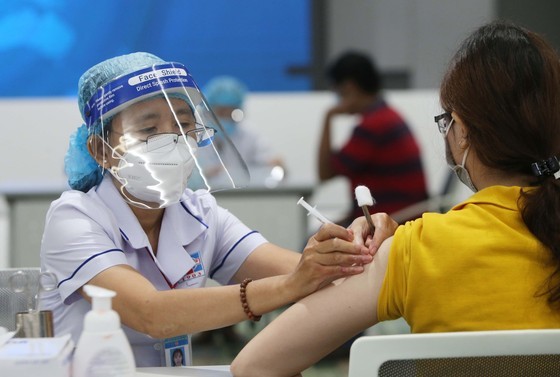 |
| Vaccination is a measure to prevent Covid-19 infection |
Group A infectious diseases are particularly dangerous, highly contagious and widely spread, with a high mortality rate. Group B is a group of dangerous infectious diseases, highly contagious and can cause death. When Covid-19 is no longer a group A infectious disease, we need to consider it a specialized disease and treat it like other specialized diseases. Treatment costs should also be the same as other specialized diseases, meaning that it is covered by health insurance or the people pay for the services themselves.
After 3 years of fighting the pandemic, we need to learn from past successes and mistakes. We cannot help but see the efforts of all social classes working together to prevent the pandemic. There are things that seem impossible but we have completed in a very short time and very well, such as establishing a vaccine fund, mass vaccination, and establishing Covid-19 treatment hospitals. I still remember when the pandemic broke out, there was a decision to establish a Covid-19 patient treatment hospital under Hanoi Medical University Hospital, located in Hoang Mai district, Hanoi, as the final line in treating Covid-19 patients in Hanoi and some northern provinces and cities, with a scale of 500 beds. The Hoang Mai facility for Covid-19 treatment was built on an empty lot, the Prime Minister himself personally went to mobilize businesses to contribute financially, put all efforts into construction so that it could be completed and put into operation a month later. Thousands of severe and critical Covid-19 patients have been cured and discharged from here.
We have witnessed an entire system working with more than 100% of its strength, but after the epidemic, many unfortunate things still happened, and the lessons learned were extremely painful and bloody. Therefore, it is necessary to urgently prepare facilities, legal documents, and necessary guidance procedures to better respond to other epidemics and the possibility of Covid-19 breaking out again. I completely agree with the proposal of the National Assembly's monitoring delegation that the Ministry of Health soon issue documents guiding the use of medical supplies and equipment that have been prepared to fight the epidemic, and switch to regular medical examination and treatment. The Ministry of Health should assign local hospitals to decide on their use to avoid wasting facilities and equipment that have been purchased and donated.
The 21st century predicts a huge change in disease patterns. The Covid-19 pandemic has passed, but its consequences may still make many people afraid, but we must not forget the important task of responding to non-communicable diseases that are currently the leading causes of death, such as cardiovascular disease and cancer. The State needs to allocate resources in a balanced manner to ensure better health care for the people and to respond well to possible pandemics.
Source



![[Photo] Prime Minister Pham Minh Chinh receives leaders of Excelerate Energy Group](https://vphoto.vietnam.vn/thumb/1200x675/vietnam/resource/IMAGE/2025/5/29/c1fbe073230443d0a5aae0bc264d07fe)


![[Photo] Vietnamese and Hungarian leaders attend the opening of the exhibition by photographer Bozoky Dezso](https://vphoto.vietnam.vn/thumb/1200x675/vietnam/resource/IMAGE/2025/5/29/94d8ceca5db14af3bf31285551ae4bb3)
![[Photo] Prime Minister Pham Minh Chinh meets with Hungarian President Sulyok Tamas](https://vphoto.vietnam.vn/thumb/1200x675/vietnam/resource/IMAGE/2025/5/29/dbcaa73e92ea4448a03fe1d0de6d68e8)












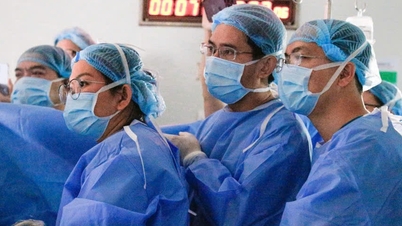

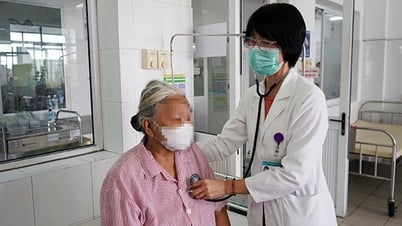

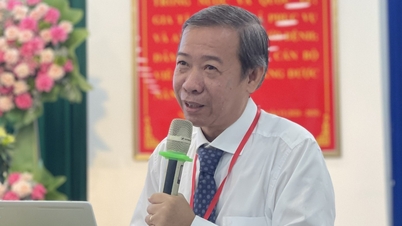







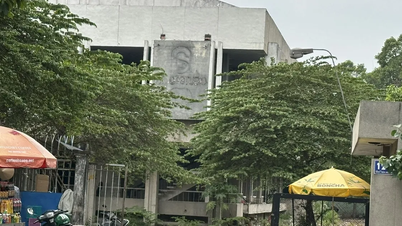

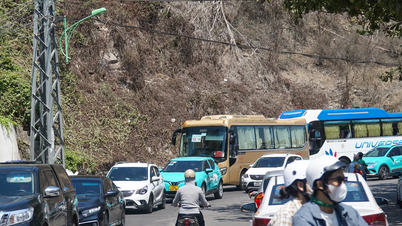


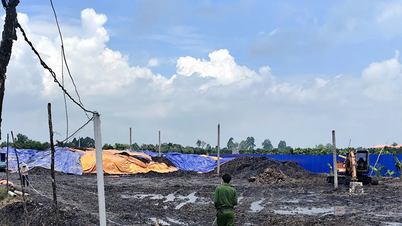




























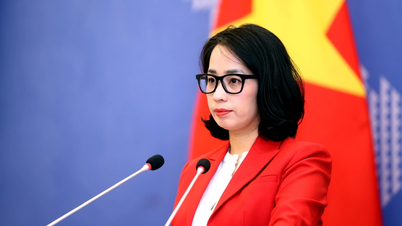

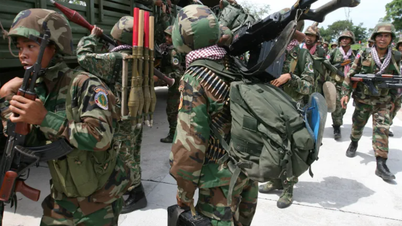





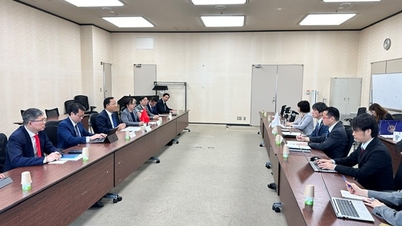



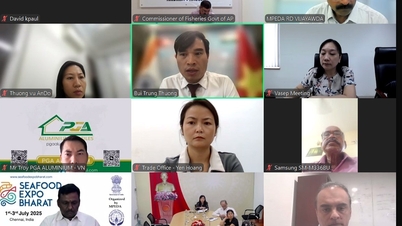




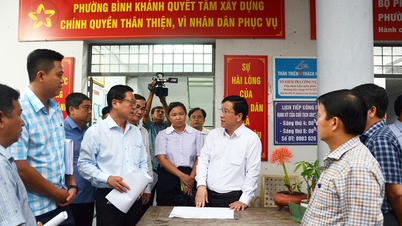

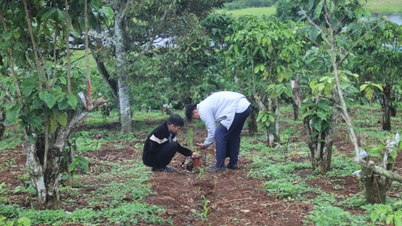

















Comment (0)